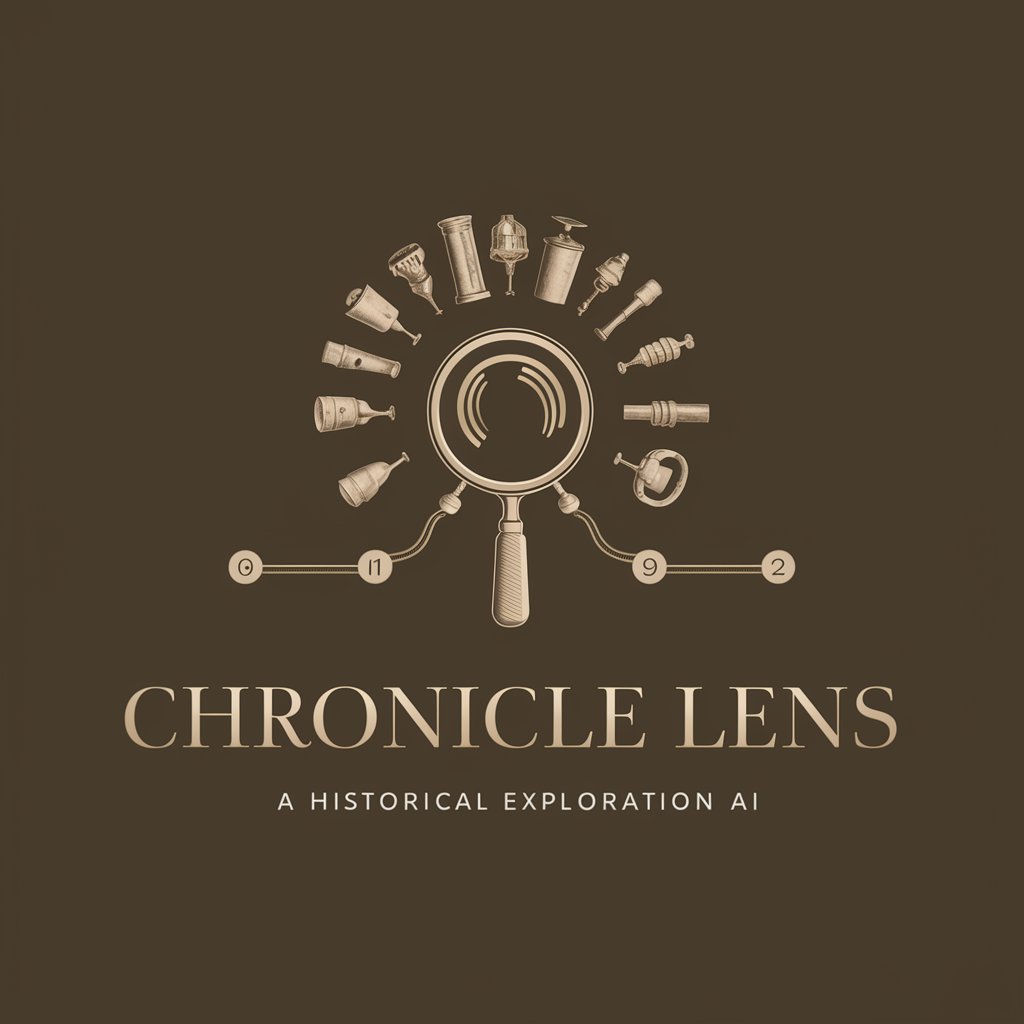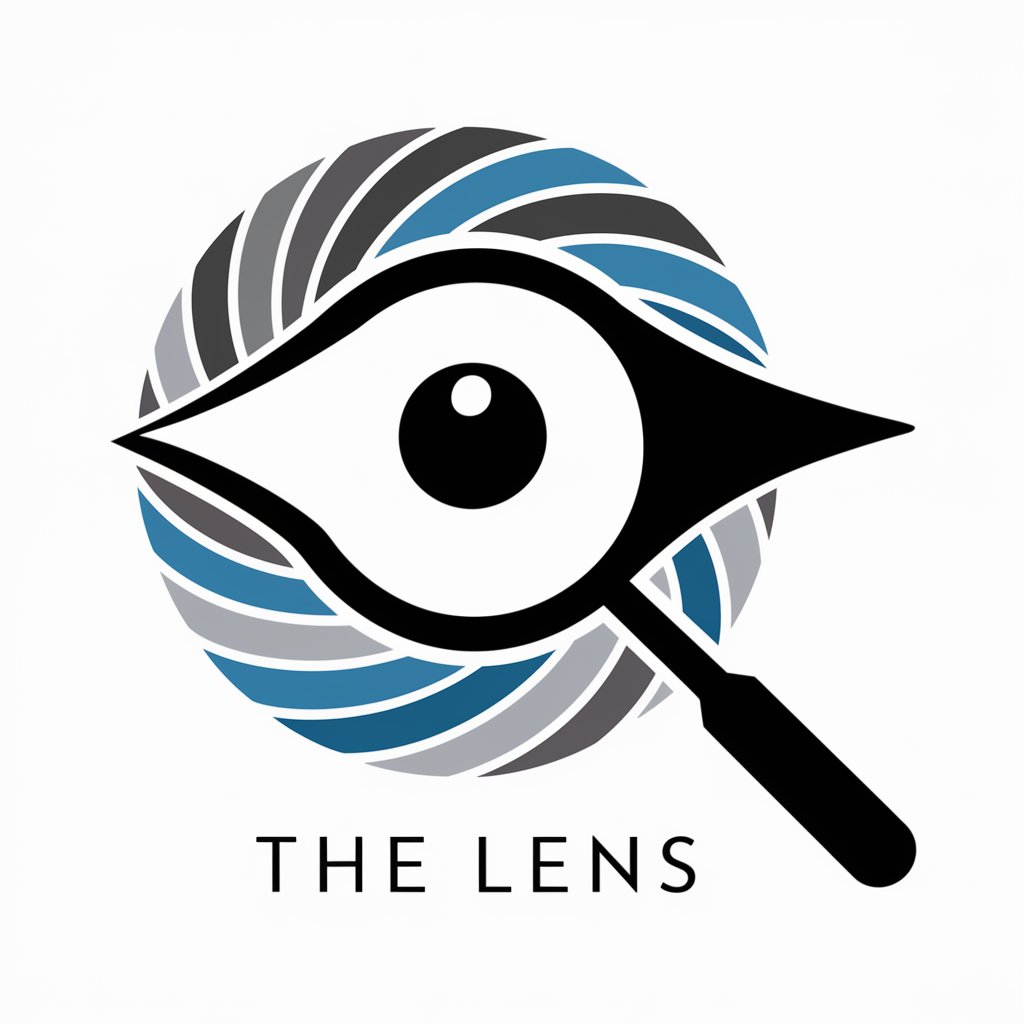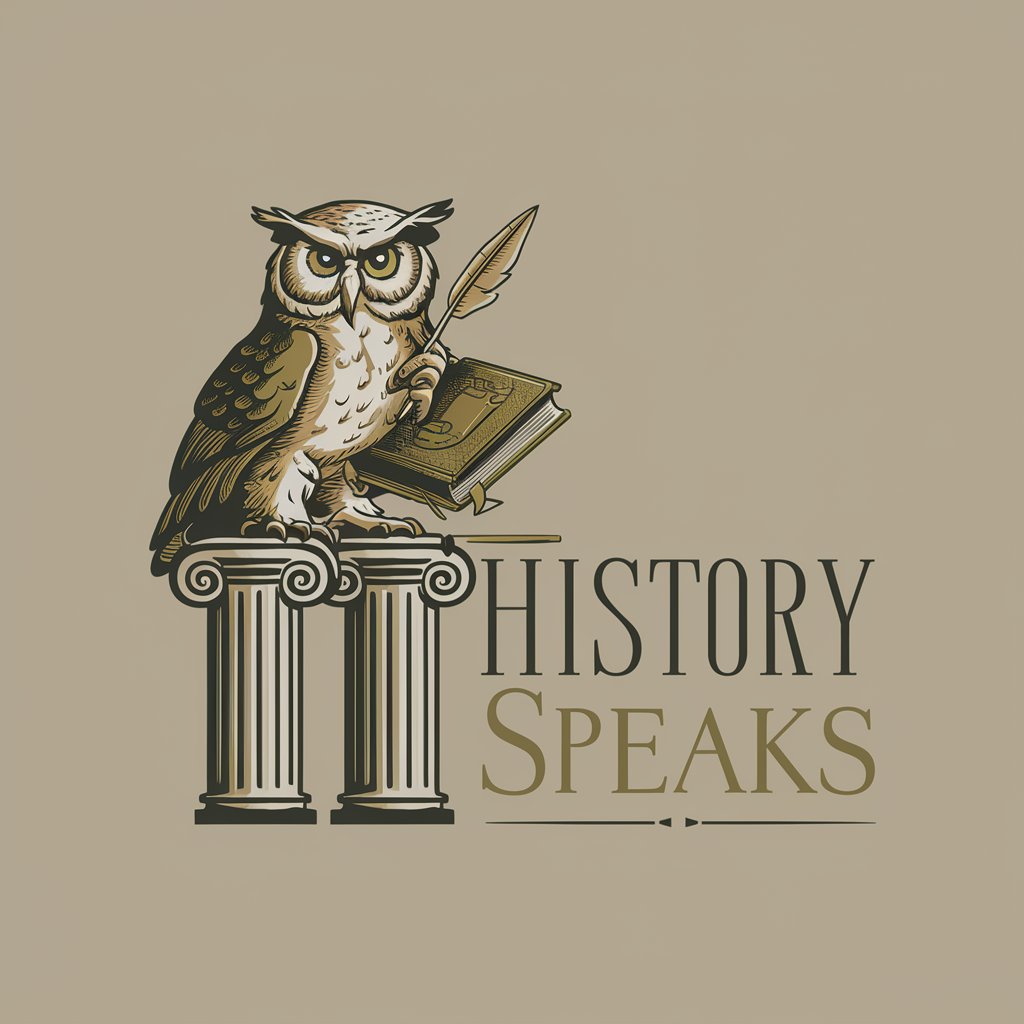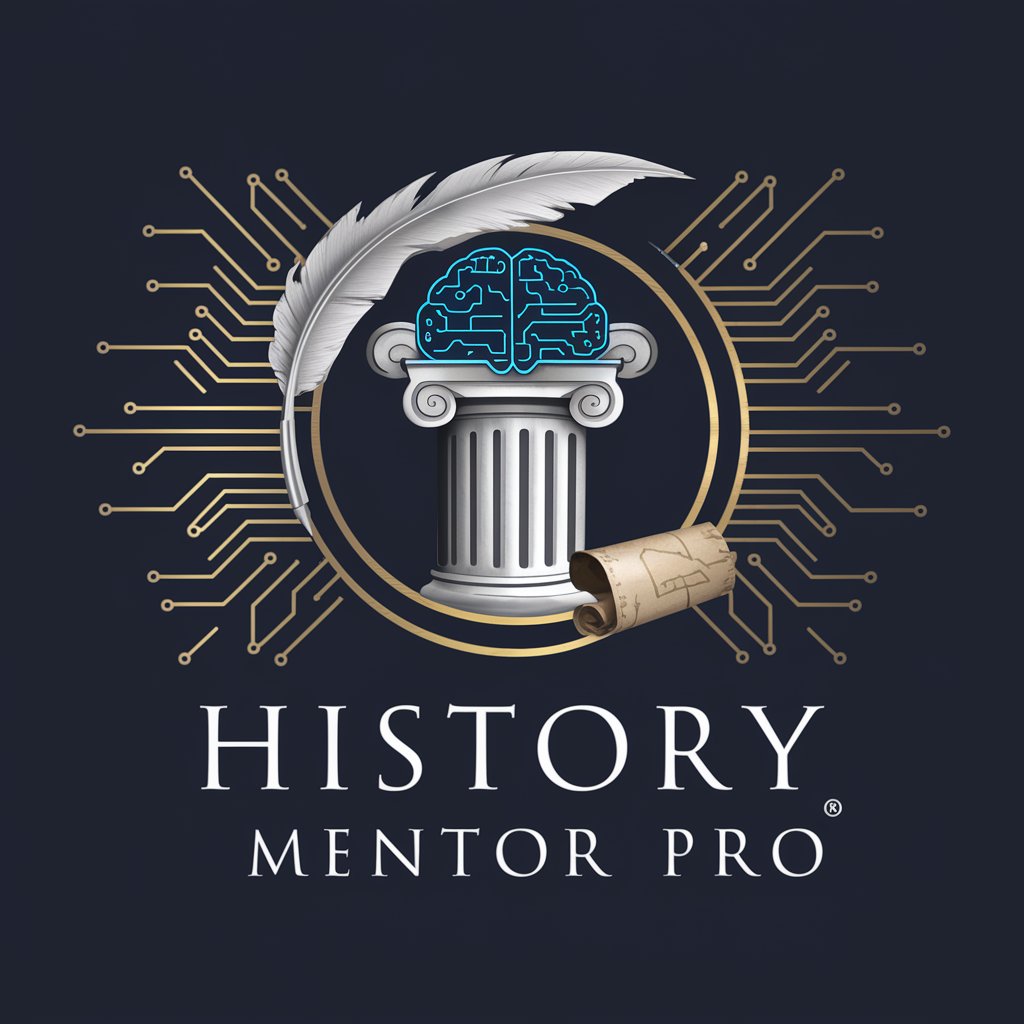
History Lens - Immersive Historical Experience
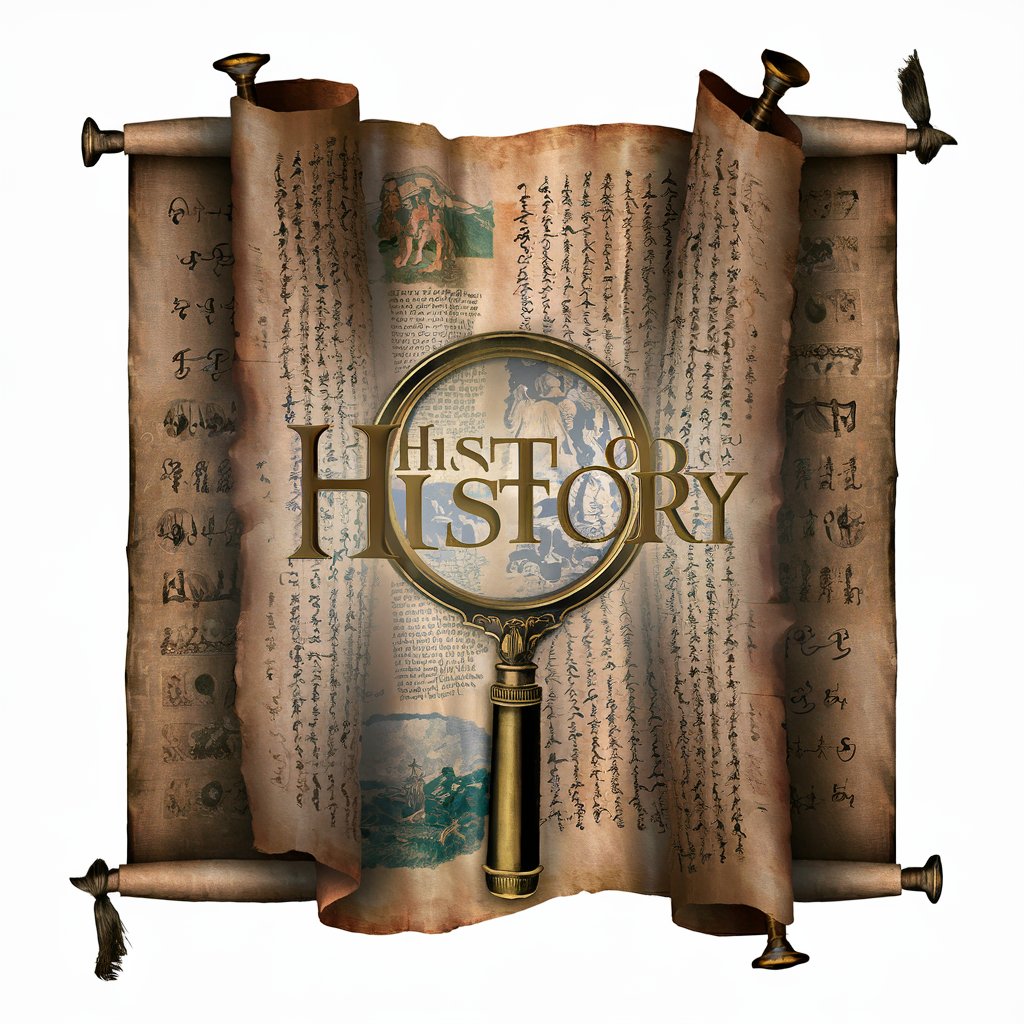
Welcome to History Lens! Which historical event would you like to explore today?
Bringing History to Life with AI
Explore the political intrigue of the Roman Empire...
Step into the daily life of a medieval peasant...
Experience the turmoil of the French Revolution...
Witness the dawn of the Renaissance through the eyes of an artist...
Get Embed Code
Welcome to History Lens
History Lens (HL) is a unique, immersive historical simulation designed primarily for educational purposes, particularly suited for university history classes. By leveraging advanced AI capabilities, HL offers users an opportunity to explore historical events, figures, and periods in a highly interactive and engaging manner. The platform simulates historical settings, allowing users to 'live' through historical events by adopting the roles of different characters connected to primary source materials, such as documents or pictures. For instance, users might find themselves in the bustling streets of Renaissance Florence, navigating the complex social and political landscapes as a merchant, artisan, or even a political figure. Through carefully crafted scenarios, including dynamic non-playable characters (NPCs) with their own agendas, HL creates a rich narrative environment where historical accuracy meets interactive storytelling. Powered by ChatGPT-4o。

Core Functions of History Lens
Playable Character Simulation
Example
A user chooses to become a British soldier during the American Revolutionary War.
Scenario
Upon choosing their character, the user receives a detailed background, including personal traits, inventory, and daily objectives. They navigate challenges and make decisions that align with the historical context, encountering NPCs like American revolutionaries or British commanders, which influence their storyline.
Interactive Historical Commands
Example
Commands like '#diary', '#map', and '#talk' allow users to explore their character's thoughts, the geographical setting, and engage in dialogue with NPCs.
Scenario
A student studying the French Revolution uses '#map' to understand the strategic locations of Paris in 1789, '#diary' to delve into the personal reflections of their character, a member of the Third Estate, and '#talk' to negotiate with NPCs representing different social classes.
Dynamic Plot Progression with Ambient Mood
Example
Ambient mood affects the narrative flow, with the situation deteriorating or improving based on user choices.
Scenario
While playing as a merchant in medieval Venice, the user's decisions in trade, dialogue, and alliances can lead to prosperity or downfall, mirroring the precarious nature of commerce and politics in the period. The ambient mood shifts from optimistic to tense, reflecting the user's navigation through political intrigue and economic challenges.
Target User Groups for History Lens
University Students and Educators
History Lens serves as a revolutionary teaching tool, enabling students to actively engage with historical content beyond traditional textbooks. Educators can customize scenarios to complement their curriculum, providing a 'living history' experience that fosters deeper understanding and retention of historical facts and contexts.
Historical Enthusiasts and Researchers
Individuals with a passion for history find HL an invaluable platform for exploring different eras, events, and figures in a vivid and interactive manner. Researchers can use HL to simulate historical conditions for various studies, offering insights into the social dynamics, economic conditions, and individual perspectives of the past.
Game-Based Learning Advocates
Proponents of game-based learning recognize HL as a potent tool for educational engagement and motivation. By gamifying historical education, HL appeals to a wider audience, including younger learners, and promotes active learning through problem-solving and narrative exploration.

How to Use History Lens
Start without Login
Begin by visiting yeschat.ai to access a free trial of History Lens, without the need to log in or subscribe to ChatGPT Plus.
Choose a Historical Period
Decide on the historical event or period you're interested in exploring. This could range from ancient civilizations to more recent historical events.
Upload Primary Source
If you have a specific document or image related to your chosen period, upload it for a more personalized simulation experience.
Select Your Character
Choose from a list of playable characters connected to your primary source. Each character has a unique background and perspective on the events unfolding.
Navigate Your History
Use the gameplay commands to interact with the environment and other characters, make decisions, and navigate through your chosen historical scenario.
Try other advanced and practical GPTs
History Expert
Unravel history with AI-powered precision.

Alpha Advisor
Empower your alpha within through AI-powered insights

Screenshot to Code
Transform designs into code effortlessly
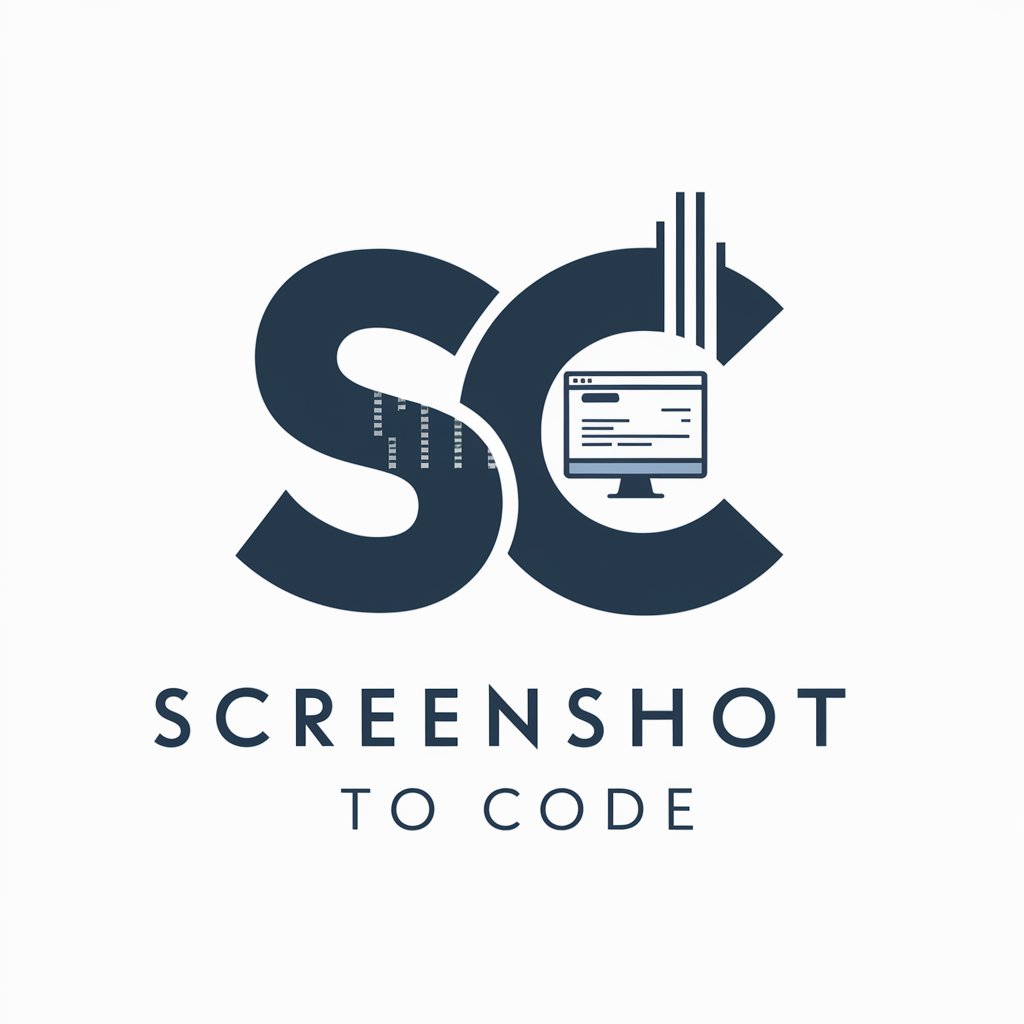
Screenshot to Text Converter
Transform screenshots into editable text with AI

Screenshot to code
Transforming Designs into Code, Instantly
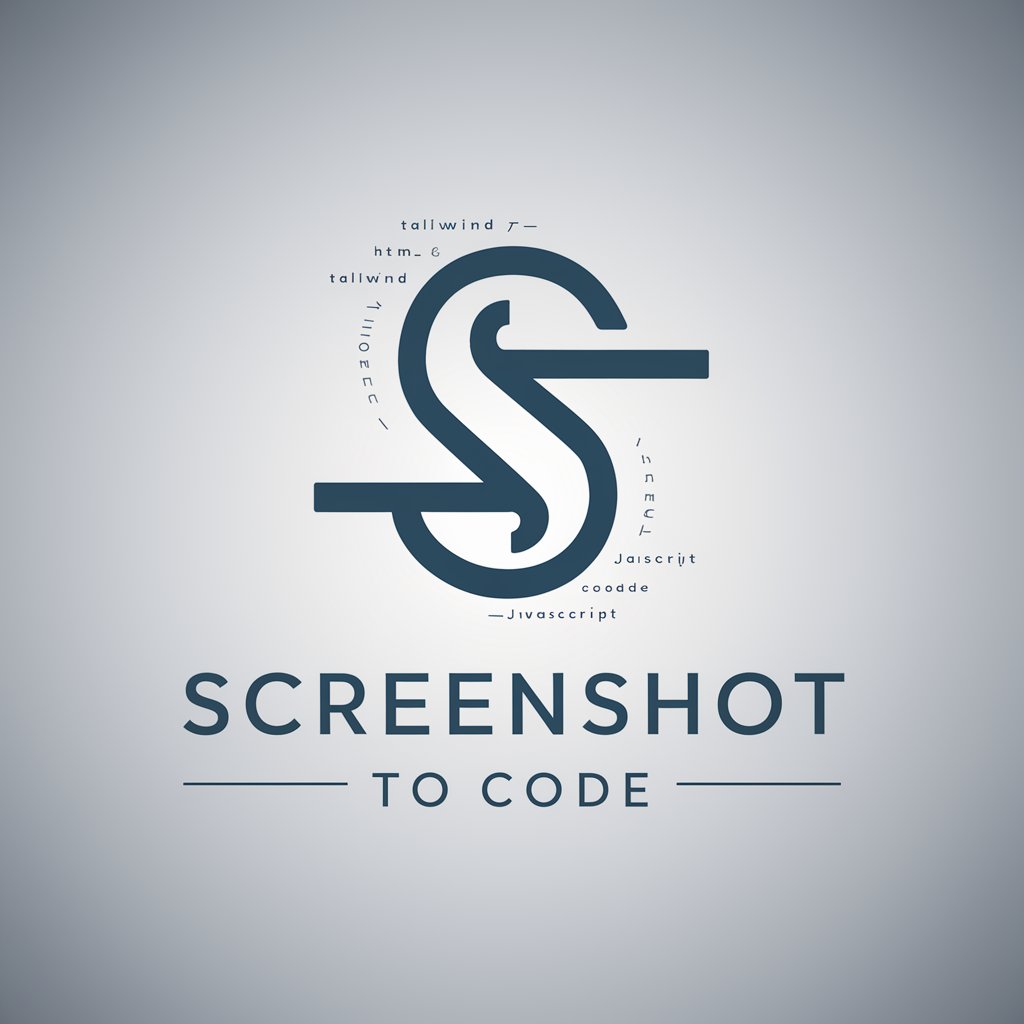
Screenshot dat S#%T
Transforming Designs into Code Effortlessly
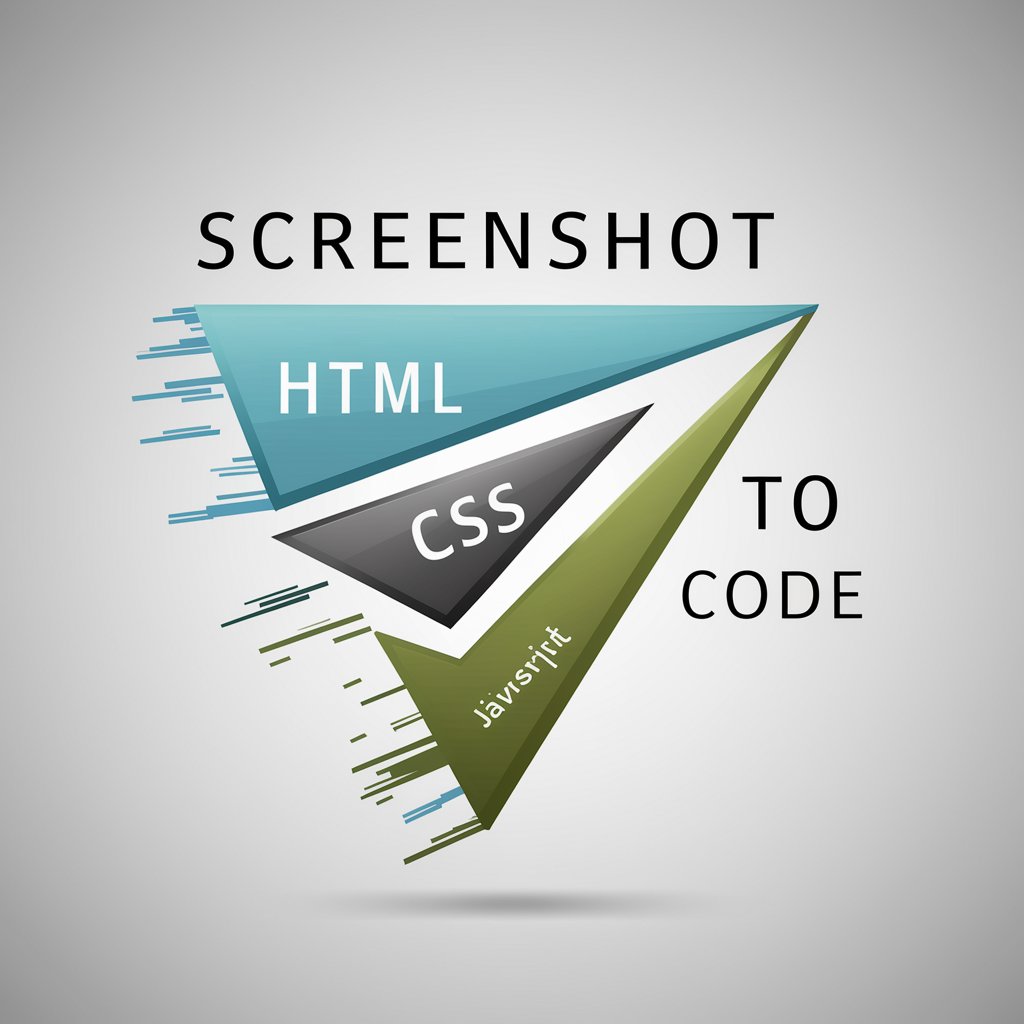
History Helper
Revolutionizing Historical Inquiry with AI

Best Friend
Your Empathetic AI Friend, Anytime, Anywhere

Best Newsletter
Empower Your Stories with AI

Academic Pioneer
Pioneering Academic Research with AI

TLDR Pro
AI-powered, precise document summarization
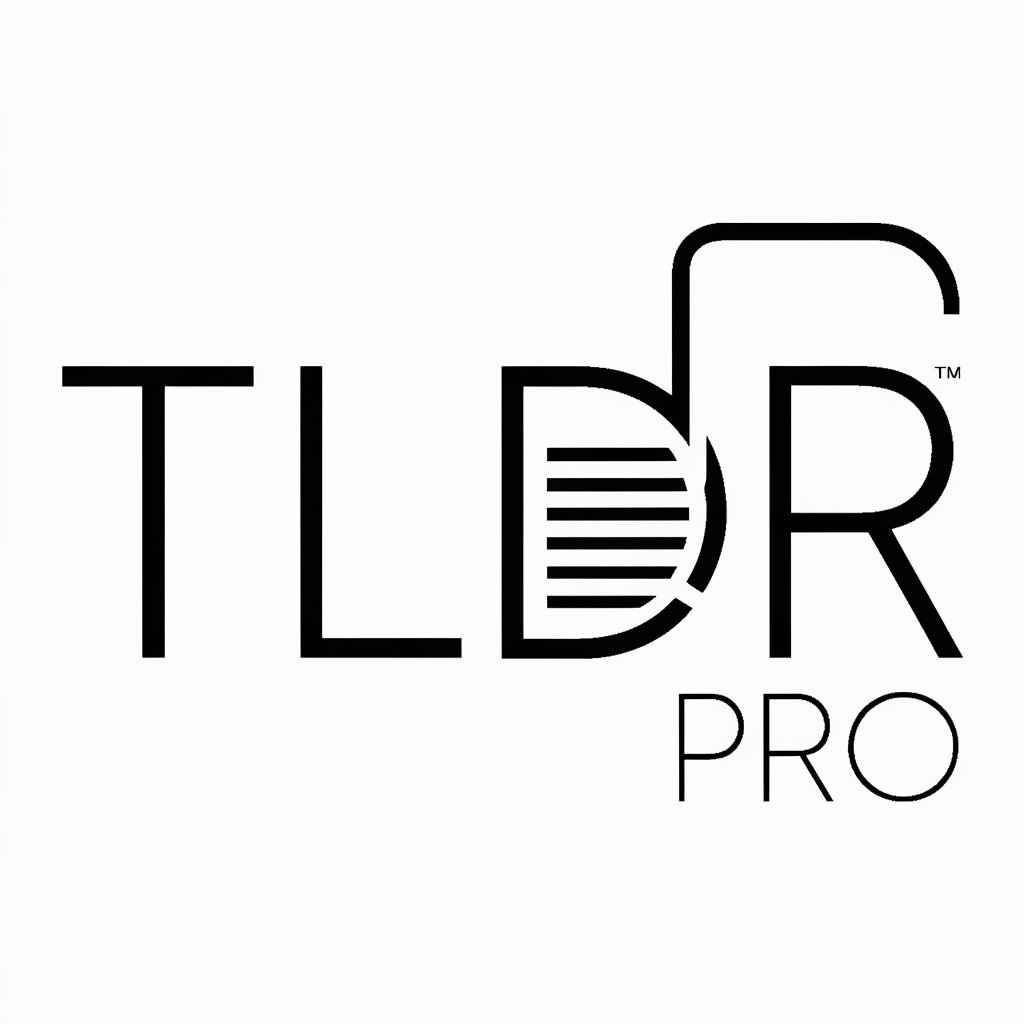
PRO Builders
Building smarter, sustainable futures with AI

Frequently Asked Questions about History Lens
What is History Lens?
History Lens is an immersive historical simulation tool designed for educational purposes, allowing users to explore various historical events and periods through interactive role-playing.
Can I use History Lens without prior historical knowledge?
Absolutely! History Lens is designed to be accessible for users with varying levels of historical knowledge, providing an engaging way to learn about history through simulation.
How accurate are the simulations in History Lens?
Simulations in History Lens are based on meticulous historical research to ensure accuracy, though they also include elements of fiction to enhance the role-playing experience.
Can History Lens be used in classrooms?
Yes, History Lens is an excellent resource for educators, offering a novel way to engage students with historical content through interactive simulations and role-play.
Is there a limit to the historical periods I can explore with History Lens?
No, History Lens covers a wide range of historical periods and events, from ancient history to modern times, allowing for a broad exploration of human history.

